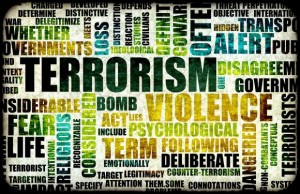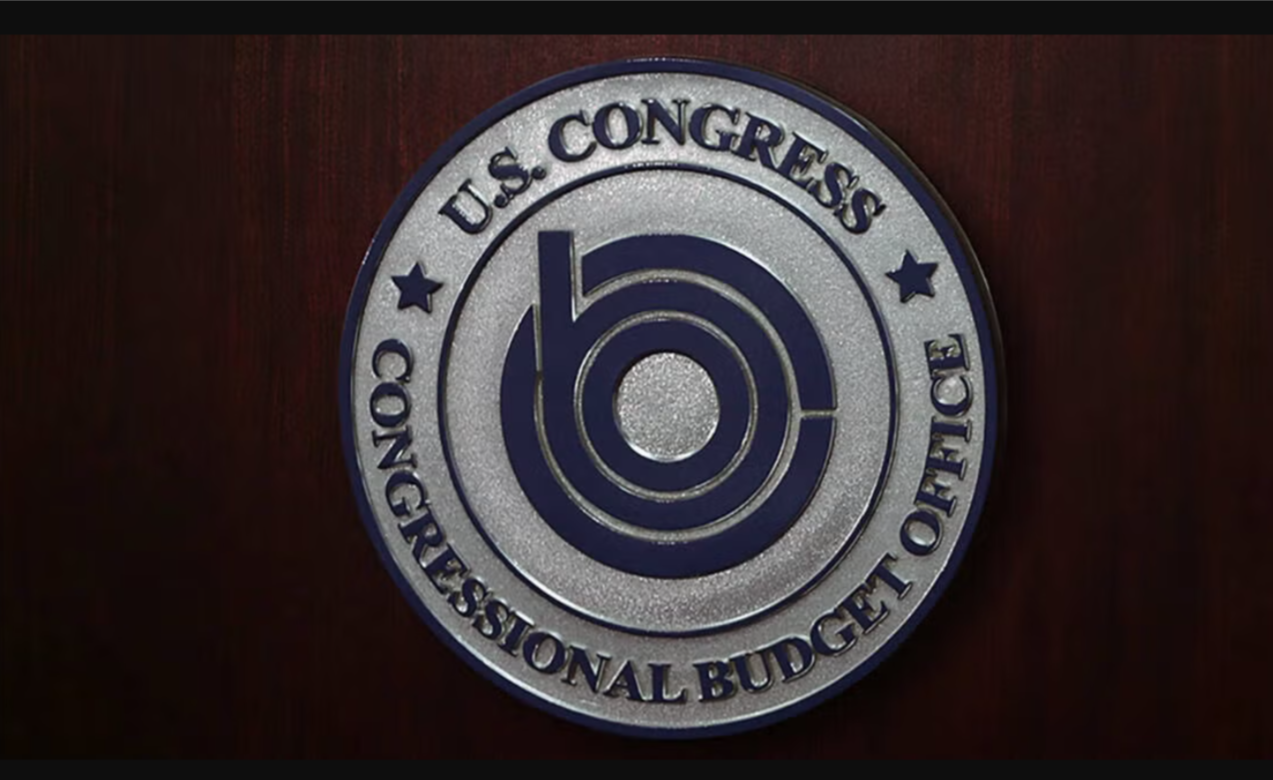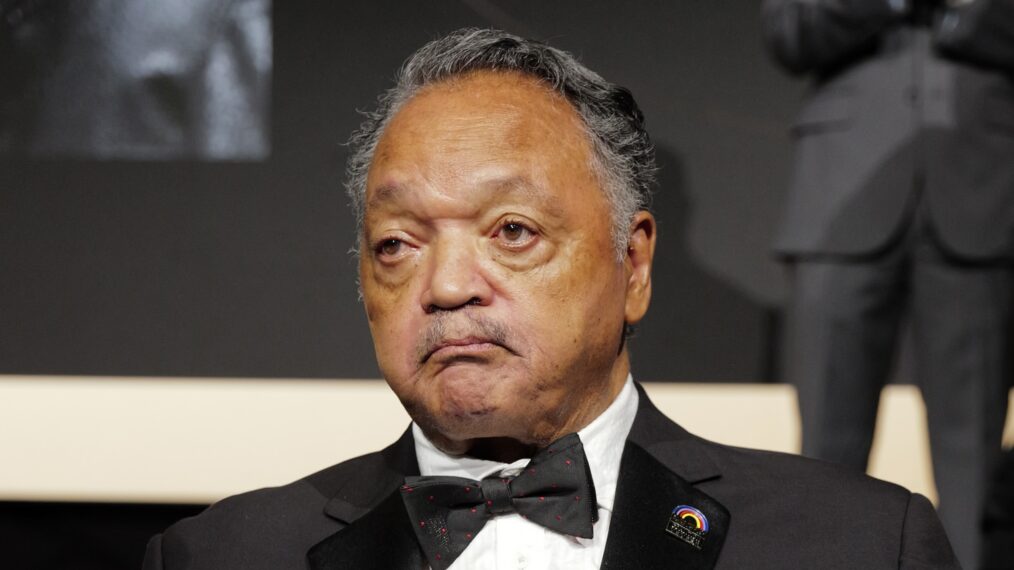(ThyBlackMan.com) Who are these people?
That’s always my first thought when humanity has been again shaken by another act of terror somewhere around the globe: Who are these individuals and groups who think that killing innocent people is an-forgive the use of this word-effective way to wage war, or just make a point, about this or that ideology they claim to hold or this or that personal grievance?
I’ve contemplated that awful mystery ever since growing up during the Civil Rights Movement in the 1960s led me to wonder why human beings could be so cruel to other human beings.
It was easy then to be overwhelmed by those examples of the worst  human beings can do. And so it is now, when it often seems as if the world – in Brussels; in Grand Bassam, the Ivory Coast; in Paris; in Istanbul, Turkey; in Iskandariya, Iraq; in Lahore, Pakistan; in Colorado Springs, Colorado; in San Bernardino, California – is awash in the blood of innocent lives taken simply for terror’s sake.
human beings can do. And so it is now, when it often seems as if the world – in Brussels; in Grand Bassam, the Ivory Coast; in Paris; in Istanbul, Turkey; in Iskandariya, Iraq; in Lahore, Pakistan; in Colorado Springs, Colorado; in San Bernardino, California – is awash in the blood of innocent lives taken simply for terror’s sake.
 human beings can do. And so it is now, when it often seems as if the world – in Brussels; in Grand Bassam, the Ivory Coast; in Paris; in Istanbul, Turkey; in Iskandariya, Iraq; in Lahore, Pakistan; in Colorado Springs, Colorado; in San Bernardino, California – is awash in the blood of innocent lives taken simply for terror’s sake.
human beings can do. And so it is now, when it often seems as if the world – in Brussels; in Grand Bassam, the Ivory Coast; in Paris; in Istanbul, Turkey; in Iskandariya, Iraq; in Lahore, Pakistan; in Colorado Springs, Colorado; in San Bernardino, California – is awash in the blood of innocent lives taken simply for terror’s sake.I confess I tried during this last round of terror attacks to not read the brief obituaries of the victims – to avoid thinking of the devastating human toll. I tried to focus on just the “hard stuff” of government officials’ reconstruction of the conspiracy and the hunt for the killers and others in the terrorist network.
But invariably a headline description of one of the innocents would catch my eye and I’d click to open the story to find that one victim, a young Belgian woman was “all smiles and bubbly enthusiasm” and “intent on using her law degree for the public good.” Another story told of a young, Congolese-born Belgian immigrant, multilingual and rising up the corporate ladder at a European energy company, but who was most proud, he said, of being “a husband and father first.” “Happiness is making happy the beloved ones,” he wrote, according to a New York Times report, beside a picture of his children playing on the beach. “Love is priceless.”
And, I read in another article that from his hospital bed in Lahore, a young, grief-stricken husband said of his now-dead pregnant wife, “I can’t figure out what happened! Within minutes, I lost my wife. I couldn’t save her.” Elsewhere in the city, a father whose son and two of his son’s friends had died, said, “They were innocent! I can only pray that they find peace wherever they are now.”
These wrenching stories always take me back to that bright, sunny, cloudless day in early September 2001when, having caught one of the last subway trains traveling from Brooklyn into Manhattan, I arrived at my Wall Street office an hour or so before the first World Trade Center tower collapsed. In the days and weeks that followed, the city’s newspapers – and building walls, storefront windows, lamp posts, and public bulletin boards were filled with “missing person” notices that, in effect, themselves became brief obituaries of the victims. Sadness lay like a shroud over New York.
Like many, I gradually understood why I was obsessed with these items: They showed that before the dead became victims of the whirlwind, they were people with interesting personal stories, or jobs, or personalities. People you often rubbed shoulders with in this metropolis, while grabbing a cup of coffee, or waiting in line for the bus, or sharing a table at a business luncheon or charity dinner. They were people like the people in my family, in my neighborhood, in my circle of friends. I made the same “discovery” last year in reading about the nine members of Emanuel AME Church in Charleston, S.C. murdered because they were kind to a stranger who seemed in need of help.
In other words, I realized that reading about the lives of the victims turned my attention from considering the evil among us to considering the good. I realized it was the lives the dead had lived and the legacy of goodness they had left that redeemed their deaths.
It was a lesson, I remembered, I first learned contemplating the tragedies that shadowed the Civil Rights Movement. Those who do evil are but dust in the wind. They have no existence beyond the moment of their crime. It is always the victims of the evil who live on. They live on by being remembered by the decent people of the world as people like us.
Written by Lee A. Daniels
















Leave a Reply